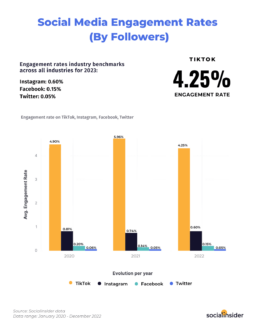Here at Terra Ferma Media, we have seen first hand how Twitter has become seemingly less useful for smaller businesses.
One of the biggest reasons for this is the sheer volume of content on the platform, which makes it increasingly difficult to reach your target audience. With millions of tweets being posted every hour, businesses must work harder than ever to stand out and get their message heard. This is especially challenging for smaller businesses with limited budgets, as they may not have the resources to compete with larger, more established brands.
Twitter used to be a staple in the social media strategy for businesses of all sizes, but its effectiveness has been declining in recent years. While there are many factors that have contributed to this decline, one of the most recent is the influence of new owner Elon Musk, who has disrupted Twitter with his unconventional behaviour and unpredictable tweets. With his celebrity status, Musk’s tweets always garner more attention and engagement than those of regular users. However, his unpredictability and tendency to make controversial statements can create a volatile environment for businesses on the platform.
In recent developments, Twitter’s algorithm has evolved to prioritise engagement and relevance, which means that businesses must work even harder to get their tweets in front of their audience. This can be a challenge for new businesses that are trying to build their brand on the platform, as engagement is naturally lower from the start.
Another complication is the rise of advertising on Twitter. While this can be a powerful tool for businesses looking to promote their products or services, it can prove expensive and isn’t always an option for smaller businesses with limited budgets. It is more challenging than ever for businesses to get noticed without spending money on advertising, although that is increasingly the case with all mainstream social media channels. However, other social media platforms such as Instagram, Facebook, and LinkedIn tend to be more effective for businesses to grow and connect with their target audience. Instagram, for instance, has become the go-to platform for businesses that want to showcase their products or services through visual content. Similarly, Facebook’s (Meta’s) advertising tools have made it easier for businesses to reach their target audience based on their interests and demographics. LinkedIn has also become a powerful tool for businesses looking to connect with other professionals in their industry and establish themselves as thought leaders.
And what about the behaviour of some users on Twitter? Trolls and generally abusive accounts are creating a hostile environment for businesses – perhaps more so now that Musk has apparently cut back drastically on moderators. Negative comments and harassment can discourage businesses from engaging with their followers and promoting their brand on the platform, and can sometimes deter new customers.
In conclusion, Twitter has become a more challenging environment for businesses to operate in. While Elon Musk’s takeover has contributed to this, there are many other factors at play, including the volume of content, the changing algorithm, the rise of advertising, negative user behaviour, and the emergence of other social media platforms that are more effective for businesses. To succeed in today’s social media landscape, businesses must be strategic and thoughtful in their approach, focusing on creating valuable content and building authentic relationships with their followers on the platforms that best suit their needs.


